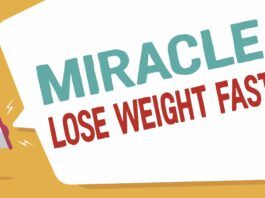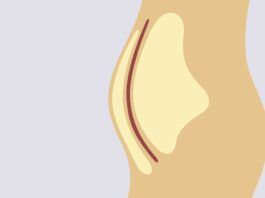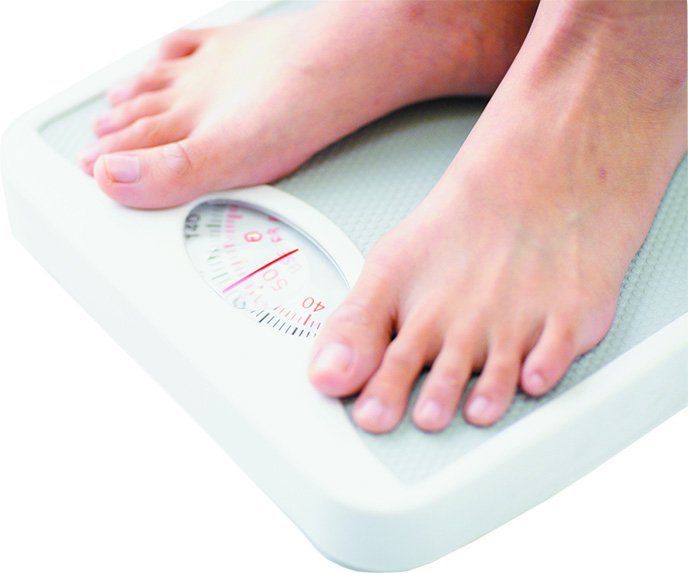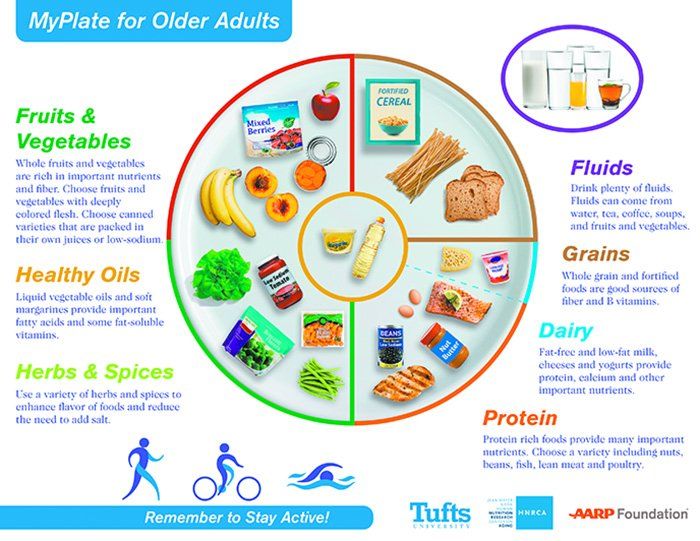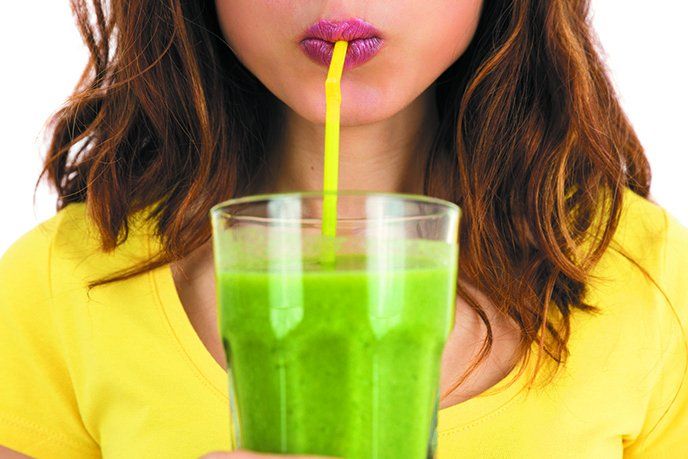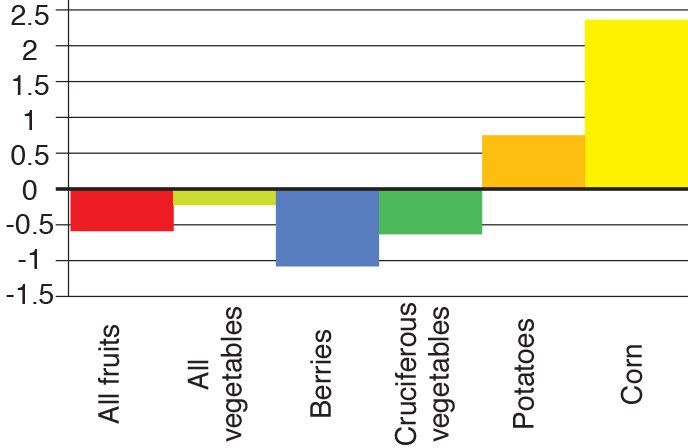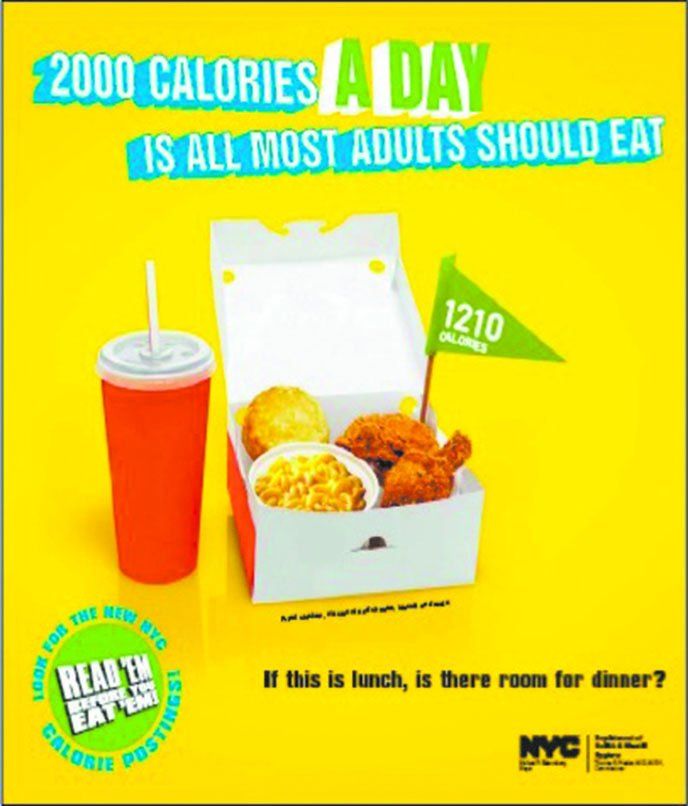Weight Loss Can Improve Lipid Levels
Losing weight can improve your cholesterol and triglyceride levels as well as your waistline, according to a major new intervention study. The study found similar weight loss amounts could be achieved by lower-fat or lower-carbohydrate diets, whether the lower-carb diet was rich in walnuts or in monounsaturated fat (as in canola or olive oils).
Updated Nutrition for Older Adults
If you've got your AARP card but you're still eating the way you did in your 20s, it's time for your diet to act your age. While most nutritional guidance is "ageless," you do need to make some adjustments to fit the changing needs of your aging body.
Obesity Rates Growing Again
Has the obesity epidemic finally plateaued? Fat chance, says a new report from the Centers for Disease Control and Prevention, based on 2013-2014 national nutrition survey data.
Do You Really Need to “Detox”?
While theres something to be said for clean eating, the "detox" fad needs a reality check. "First, your body already has a highly effective system for removing toxins, principally the liver and kidneys," explains Irwin H. Rosenberg, MD, University Professor of Medicine and Nutrition at Tufts. "Second, diets and products that claim to detox the body do not identify what supposed toxins are being targeted."
Less-Regulated Supplements Send 23,000 to ER Annually
Products sold as "dietary supplements" lead to about 23,000 emergency-room visits and more than 2,100 hospital admissions every year, a new government report estimates.
Convenient Calories Linked to Extra Weight
That old joke about being on the "See-Food Diet" ("I see food… and I eat it") is no laughing matter, according to new research at Cornell University. Brian Wansink, PhD, and colleagues studied 210 kitchens and the women who use them.
Fruits and Vegetables Linked to Better Weight Control
You already know that fruits and vegetables are good for you - but did you know they might also be good for avoiding extra weight as you age? A new study analyzing data on 133,468 men and women over up to 24 years reports that eating more fruits and non-starchy vegetables is associated with modest weight loss.
Going Green, Getting Fat?
Is your reusable grocery bag making you fat? A new study published in The Journal of Marketing reports that people who go green and bring reusable bags to the supermarket are more likely to reward themselves for their environmentally friendly behavior by indulging in ice cream, cookies and potato chips.
Average US Woman Weighs What a Man Did in 1960s
Its not news that Americans have been packing on the pounds, but a new CDC report puts that weight gain into eye-opening perspective: The average US woman now weighs as much as an average man did in the early 1960s, while the average 2015 man weighs almost as much as 1.5 women from the 1960s. Women have gained an average of more than 26 pounds, up from 140 to just over 166 pounds. In the same timespan, the average man has put on nearly 30 pounds, going from about 166 pounds to 195.5 today.
Smart Strategies for Healthy Eating Out
For the first time, Americans are spending more money eating out at restaurants than buying food in grocery stores. According to the US Census Bureau, consumer spending at restaurants narrowly edged grocery-store purchases in December 2014, $50.4 billion to $50.2 billion. That tiny gap has widened, with restaurant spending exceeding groceries by nearly 3% as of April. Factors driving the switch included an increasing trend to buying groceries in warehouse and club stores, with cheaper prices, and lower gas prices freeing up funds for eating out. The total doesnt include ready-to-eat dishes purchased at upscale supermarkets, which further diminish what were cooking from scratch.

























